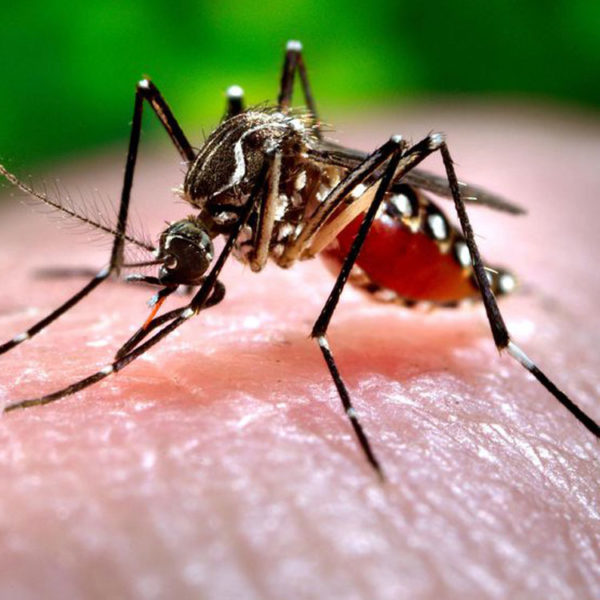Zika-Carrying Mosquitoes in Florida
Zika-Carrying Mosquito Facts
The Basics of the Zika Virus and How All Florida Pest Control Can Protect Against It
About Zika
Mosquitoes are a fact of life for Florida dwellers. Usually, a mosquito bite is nothing more than a nuisance to those enjoying the great outdoors. But recent, unseasonably heavy rains and the escalating threat of the Zika virus have elevated mosquitoes to a serious cause for concern.
First discovered in the Americas in 2015, this mosquito-borne virus was quickly declared an international health emergency. At that time, and through the spring, there were no Zika cases in Florida that had been transmitted locally by mosquitoes; all Florida Zika patients had recently returned from areas known to be home to the virus. In July 2016, however, Florida reported its first locally transmitted Zika virus cases, making it the first state in the nation to report local infections. There is no specific treatment or vaccine for the Zika virus. Though mild and treatable for most people, the Zika virus can have devastating consequences for an unborn child, including the birth defect microcephaly and other neurological deficits.
